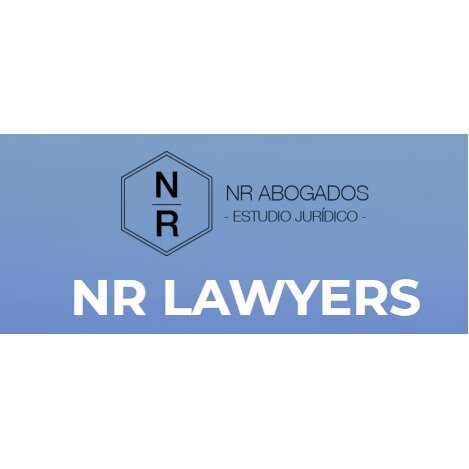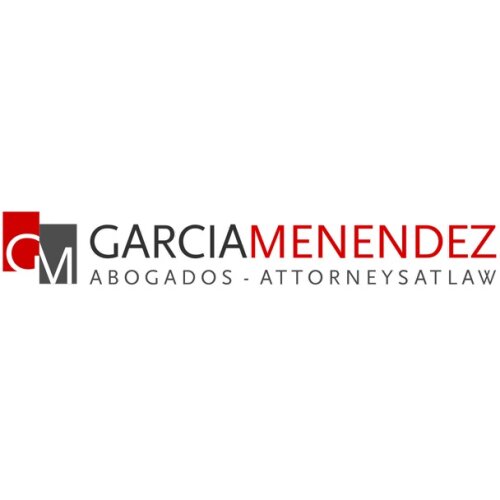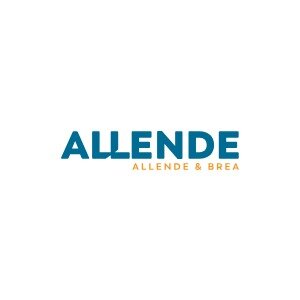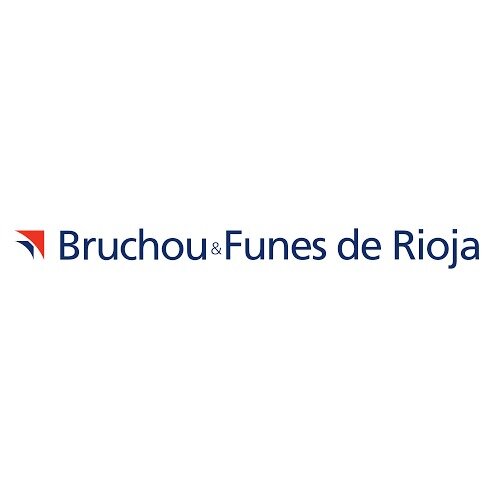Best Financial Services Regulation Lawyers in Argentina
Share your needs with us, get contacted by law firms.
Free. Takes 2 min.
Or refine your search by selecting a city:
List of the best lawyers in Argentina
About Financial Services Regulation Law in Argentina
The financial services sector in Argentina is primarily regulated by a number of legislative measures and regulatory bodies that ensure the stability and integrity of financial markets. The key regulatory authority is the Central Bank of the Republic of Argentina (BCRA), which oversees banking activities and monetary policy. Other important regulatory entities include the National Securities Commission (CNV) and the Financial Information Unit (UIF), which are responsible for overseeing securities markets and anti-money laundering regulations, respectively. Financial Services Regulation Law in Argentina is designed to protect consumers, maintain financial stability, foster market confidence, and prevent financial crimes.
Why You May Need a Lawyer
Individuals and businesses may require legal assistance in the area of financial services regulation for a variety of reasons. Common scenarios include navigating complex regulatory requirements, compliance with banking and financial services laws, resolving disputes with banks or financial institutions, dealing with issues related to securities and investments, handling cross-border financial transactions, and addressing anti-money laundering concerns. Having a lawyer specializing in financial services regulation can help ensure that you are operating within the legal framework and can aid in resolving legal issues efficiently.
Local Laws Overview
Financial services regulation in Argentina encompasses several key areas:
- Banking Law: Governed predominantly by the BCRA, it covers licensing, prudential regulations, and consumer protection in the banking sector.
- Capital Markets: Regulated by the CNV, these laws cover securities trading, market conduct, and the rights and obligations of issuers and investors.
- Anti-Money Laundering (AML): The UIF is responsible for enforcing compliance with AML regulations, including requirements for customer identification, record-keeping, and reporting suspicious transactions.
- Foreign Exchange Controls: These are governed by the BCRA and regulations can often be complex, affecting cross-border transactions and investments.
Frequently Asked Questions
What is the role of the Central Bank of Argentina in regulation?
The Central Bank of Argentina (BCRA) is responsible for overseeing the monetary system, implementing monetary policy, and regulating the banking sector to ensure stability and compliance with national financial laws.
How do anti-money laundering laws affect financial services?
Anti-money laundering laws require financial institutions to implement policies and procedures to prevent and report money laundering activities. This includes customer due diligence, record-keeping, and suspicious activity reporting.
What are the requirements for operating a financial services business in Argentina?
Operating a financial services business typically requires obtaining the appropriate licenses, adhering to regulatory compliance standards, and maintaining accurate records as dictated by the regulatory authority overseeing your specific sector (e.g., BCRA, CNV).
How does the CNV regulate securities markets?
The CNV regulates the securities markets by monitoring trading activities, ensuring the fair treatment of investors, and enforcing disclosure and reporting requirements for public companies.
What is the regulatory approach to fintech companies in Argentina?
Fintech companies in Argentina are subject to specific regulations that balance innovation with consumer protection, often requiring them to collaborate with traditional financial entities and comply with financial and data protection regulations.
Are there foreign exchange restrictions in Argentina?
Yes, Argentina has foreign exchange controls that regulate the flow of foreign currency into and out of the country. These controls can impact international trade, investment, and remittances.
How can a lawyer help with compliance issues in Argentina?
A lawyer specializing in financial services regulation can provide guidance on navigating complex regulatory requirements, ensure that your business complies with applicable laws, and represent you in negotiations or disputes with regulators.
What should I do if I suspect a financial crime has occurred?
If you suspect a financial crime, it is critical to report your suspicions to the appropriate regulatory authorities (such as UIF for money laundering) and seek legal advice to protect your interests and ensure compliance with reporting obligations.
How are consumer protections enforced in financial services?
Consumer protection in financial services is enforced through regulations that ensure fair treatment, transparency, and the right to redress for consumers of financial products and services.
What are the penalties for non-compliance with financial regulations?
Penalties for non-compliance can include fines, legal sanctions, revocation of licenses, and, in severe cases, criminal charges against individuals or entities responsible for breaches of financial regulations.
Additional Resources
For those seeking more information or assistance in financial services regulation in Argentina, the following resources can be helpful:
- Central Bank of the Republic of Argentina (BCRA): Provides regulatory guidelines for the banking sector.
- National Securities Commission (CNV): Offers information and resources related to securities regulations.
- Financial Information Unit (UIF): Ensures compliance with anti-money laundering laws.
- Argentine Chamber of Fintech: Offers resources and networking opportunities for fintech companies.
Next Steps
If you believe you need legal assistance in financial services regulation, consider the following steps:
- Conduct preliminary research to identify lawyers who specialize in financial services regulation in Argentina.
- Schedule consultations with potential lawyers to discuss your specific needs and legal concerns.
- Evaluate the experience, expertise, and approach of different legal professionals before making a decision.
- Ensure clear communication of your objectives and desired outcomes with your chosen lawyer to develop an effective legal strategy.
Lawzana helps you find the best lawyers and law firms in Argentina through a curated and pre-screened list of qualified legal professionals. Our platform offers rankings and detailed profiles of attorneys and law firms, allowing you to compare based on practice areas, including Financial Services Regulation, experience, and client feedback.
Each profile includes a description of the firm's areas of practice, client reviews, team members and partners, year of establishment, spoken languages, office locations, contact information, social media presence, and any published articles or resources. Most firms on our platform speak English and are experienced in both local and international legal matters.
Get a quote from top-rated law firms in Argentina — quickly, securely, and without unnecessary hassle.
Disclaimer:
The information provided on this page is for general informational purposes only and does not constitute legal advice. While we strive to ensure the accuracy and relevance of the content, legal information may change over time, and interpretations of the law can vary. You should always consult with a qualified legal professional for advice specific to your situation.
We disclaim all liability for actions taken or not taken based on the content of this page. If you believe any information is incorrect or outdated, please contact us, and we will review and update it where appropriate.
Browse financial services regulation law firms by city in Argentina
Refine your search by selecting a city.

















